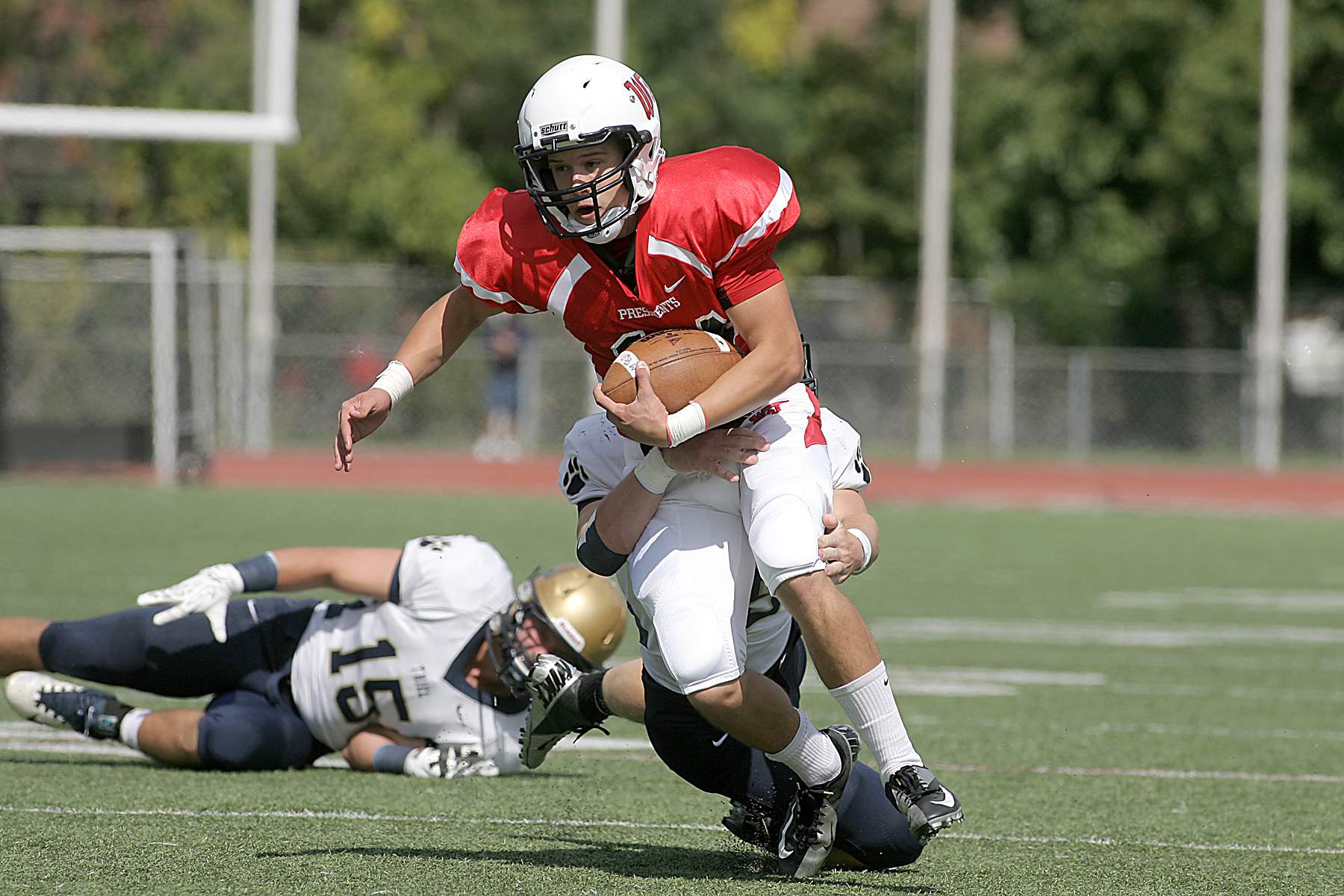
Marketing sport teams at a small college can be exciting, demanding, and often rewarding. Usually, marketing and branding duties fall solely upon one person due to smaller athletics budgets. The sport marketing professional in a small college athletic department has to cultivate relationships with the primary fan base while establishing rapport with faculty members and staff on campus. It is important that everyone on campus knows what is going on with the sport teams. Reaching out to current students, alumni, and local supporters is necessary so that marketing strategies can be customized for the local community or area.
The sport marketer has a secondary influence on athletic development efforts, recruiting, and ticket sales due to the natural promotion of these areas. The majority of small college athletic donors are family and friends of student-athletes, community boosters, alumni, and city businesses. These individuals are driven to donate because of factors such as loyalty, emotional attachment, or membership benefits. The success of sport teams can impact fundraising while creative promotions help sell tickets. Larger institutions usually count on tickets “selling themselves” – especially for revenue generating sports or select sport teams that are usually dominant. Finding unique ways to add value to tickets that are purchased is pivotal, since game attendance can often be hit or miss. Offering free food, t-shirts, programs, and discounts are easy ways to reward individuals who purchase tickets and drive fan engagement.
Social media marketing can be a great tool for messaging and the ability to provide frequent posts help to keep the “core” informed and notified. Platforms such as Facebook, Snapchat, Instagram, Twitter, and YouTube should all be utilized to increase the visibility and awareness of athletic programs or specialized events. A sport marketer must possess adequate skills and training when it comes to creative design and producing creative content. Visually appealing content has been proven to help with recruiting and branding. Coaches can also collaborate with the sport marketer to promote specific players or coaches, and highlight accomplishments.
Sport marketing needs vary across competitive divisions and conferences in athletics, but the need to stay relevant stays the same. Sport marketing professionals at small colleges understand that they may be paid to do one job, but in reality, they are actually performing several.
By Zac Tubbs, M.S.
Zac Tubbs is a former collegiate and professional athlete who has spent time as a sport marketing instructor, collegiate coach, and professional scout. He holds a master’s degree in sport and fitness management and a bachelor’s degree in career and technical education. He also earned a Collegiate Compliance certificate in 2011 from the United States Sports Academy.
Well-written; I’m an SID at a small college (Montreat) in North Carolina, and wear a lot of hats that are similar to those described.